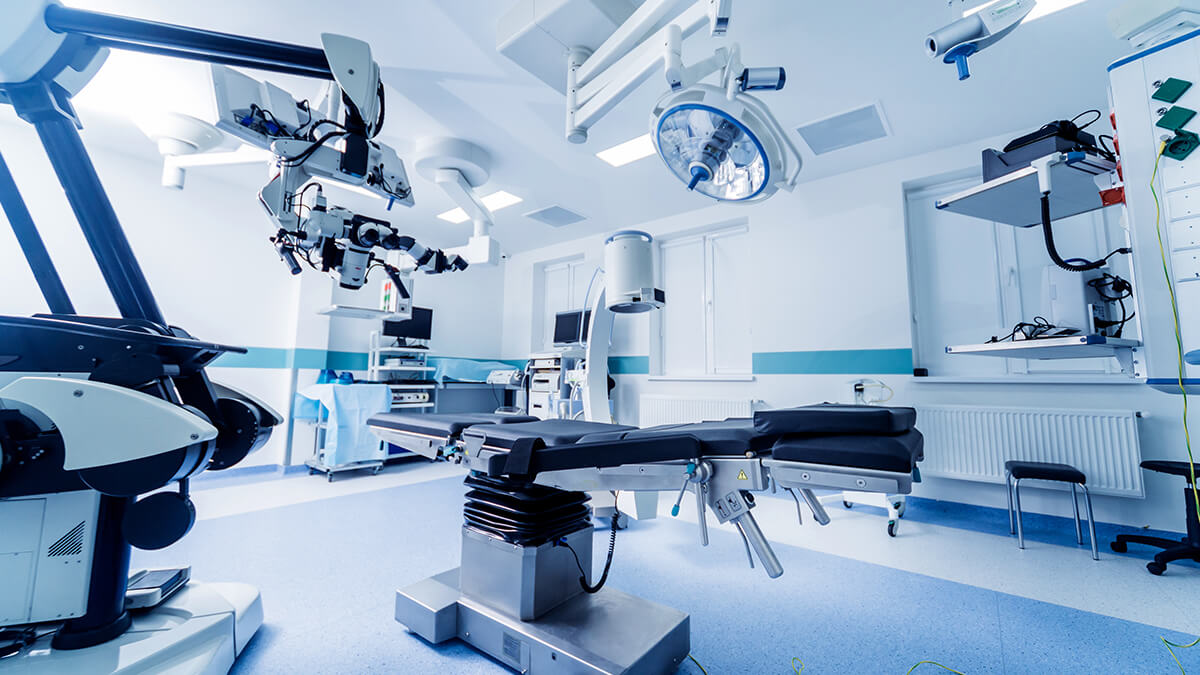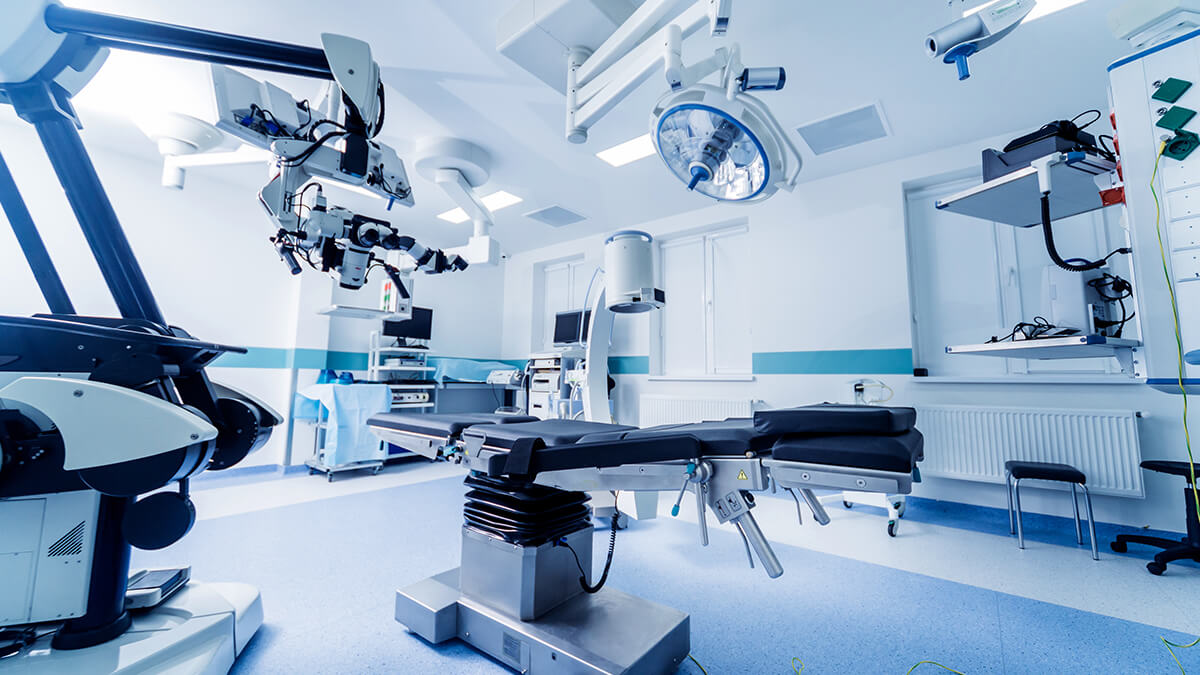
Malaysia’s medical device industry outlook remains positive despite a gloomier global economic forecast and ongoing trade challenges, a research firm said.
Citing data from a survey by the Association of Malaysian Medical Industries (AMMI), Fitch Solutions Macro Research said the majority of AMMI members are bullish about their business prospects in 2020, with medical device exports expected to continue on a double-digit growth trajectory.
This, in turn, will support further industry expansion, the firm said in a statement on Tuesday, adding that the workforce of AMMI members grew by 12 per cent to more than 36,000 in 2018.
“Exporters will need to contend with a sluggish global economy, increasing trade protectionism and the government’s ambivalent attitude to free trade agreements,” Fitch Solutions Macro Research said.
For context, Malaysia has yet to ratify the Comprehensive and Progressive Agreement for Trans-Pacific Partnership (CPATPP), which took effect for Singapore in December 2018 and Vietnam in January 2019.
The firm also said that AMMI members collectively accounted for over 55 per cent of Malaysia’s medical device exports — not including exports of medical gloves — which reached RM22.9 billion in 2018. It was expected to grow by 12 per cent to RM25.7 billion in 2019, and RM28.8 billion in 2020.
AMMI members also doubled their research and development spending from RM58 million in 2017 to RM115 million in 2018, the firm added.
Meanwhile, the firm said large multinational projects will continue to boost investment levels, noting that 21 projects in the medical device industry worth RM2.1 billion were approved in the first nine months of 2019, matching the level of investment for the whole of 2018.
The Malaysian Investment Development Authority (MIDA), which approved the projects, also reported a recovery in investment in 2019, following a slight dip in 2018, the firm added.
Fitch Solutions Macro Research also referred to two notable foreign investments in the country relating to the industry as proof that investment levels will continue to grow in Malaysia — Smith & Nephew’s manufacturing facility in Penang for hip and knee implants, and Top Corporation’s Seremban manufacturing facility for consumables such as syringes, needles, catheters, and infusion sets.
“We highlight that Malaysia outperforms on innovation for a middle-income economy, ranking second for innovation within the Asean, behind Singapore, and 35th overall with a leading position for high-tech net exports, according to the World Intellectual Property Organization’s Global Innovation Index,” the firm points out.

